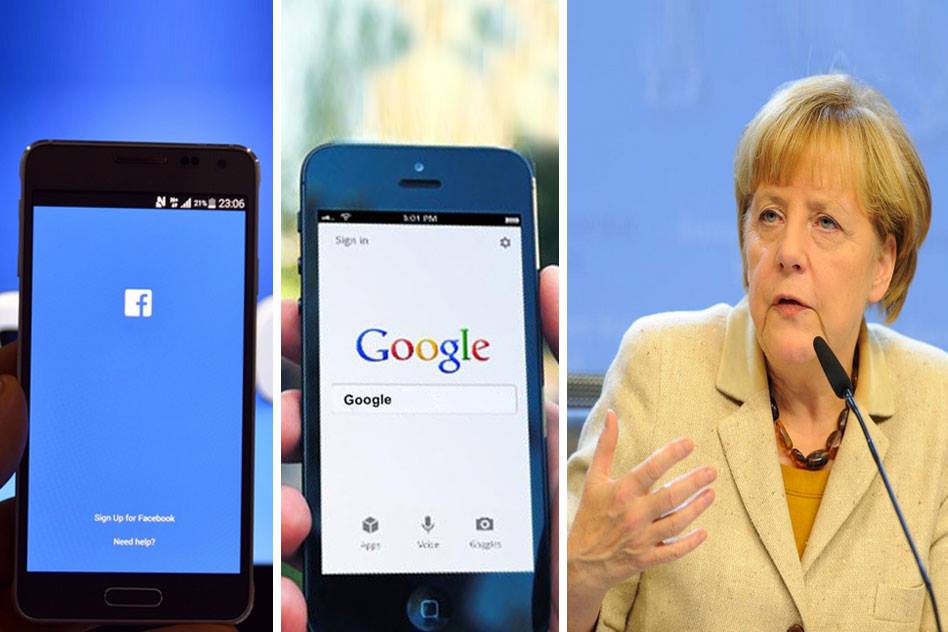
Angela Merkel Asks Internet Giants To Reveal Their Algorithms Responsible For ‘Narrowing Perspective’
2 Nov 2016 6:03 AM GMT
German Chancellor Angela Merkel has called on major internet platforms to disclose the secrets of their algorithms, accusing them of “narrowing perspective” that is endangering debating cultures across the world. She said users are entitled to know how the information they are exposed to online is selected.
Speaking at a conference in Munich, Ms Merkel said: “The algorithms must be made public so that one can inform oneself as an interested citizen on questions like what influences my behaviour on the internet and that of others. “These algorithms, when they are not transparent, can lead to a distortion of our perception, they narrow our breadth of information.”
How algorithms are used?
Internet giants like Facebook or Google use algorithms to arrange news feed and show search results to a user. Whatever the user gets to see is dependent on certain posts from a user’s visited websites, liked pages and friends, at the expense of others. Both sites also promote links to news articles, often based on a user’s own media interests. They are different for every search engine, highly secret and determine the significance or ranking of a web page. These are highly protected trade secrets in the world. No internet giant has ever revealed its inner workings.
Merkel is concerned about the “echo chambers” often formed by Facebook and Twitter that encourages users to read content that confirms beliefs they already hold. She emphasised that all these can possibly undermine fundamental democratic principles.
Merkel called the issue a “challenge not just for political parties but for society as a whole”. If it was unclear what mechanisms were being used, it could “lead to a distortion of how people perceive things”, she said.
Ms Merkel is not the first to criticise the dangers of receiving information in such a way. Earlier in October, President Barack Obama’s former social media adviser Caleb Gardner stressed the danger of so-called ‘filter bubbles’.
Gardner told students at Northwestern University in Illinois. “Forty-four per cent of US adults get news on [Facebook], and 61% of millennials. “If that doesn’t frighten you, you don’t know enough about Facebook’s algorithm. If you have a parent who’s a Trump supporter, they are seeing a completely different set of news items then you are.”
The internet giants themselves have argued that the so-called social media bubble is largely a myth, and that online users have a wider access to differing views than under a pre-internet model, where most news would be acquired from just a handful of newspapers and one or two TV channels.
Facebook CEO Mark Zuckerberg has dismissed concerns about filter bubbles, arguing that research shows social media expose people to more diverse views than traditional media.
“Facebook is actually, and social media in general, are the most diverse forms of media that are out there,” he said in May.
 All section
All section













